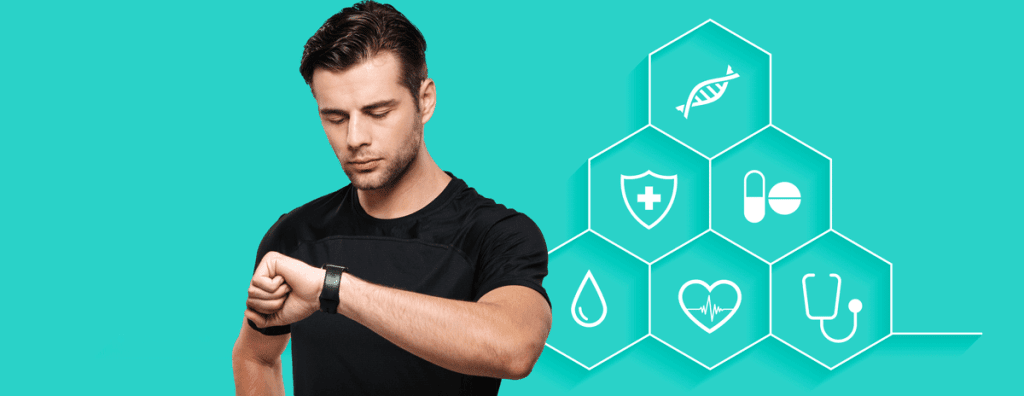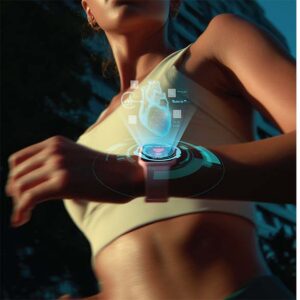Software Engineering Course Students Develop Smart Wearable Solutions
Software engineering course students from Belgium Campus iTversity partnered with students from UCLL in Belgium to develop smart wearable solutions that promote well-being in the workplace.
This entirely virtual collaboration forms part of Belgium Campus iTversity’s larger goal to address the Sustainable Development Goals through cross-cultural collaboration. Research shows that the more diverse a team is, the more likely they are to produce novel solutions because they can draw on multiple perspectives during the ideation process.
What Is Workplace Well-Being?
Workplace well-being incorporates all aspects of working life that influence an employee’s health and happiness. It includes physical factors, like how safe a work environment is, and emotional factors, like the treatment an employee receives. Most of us spend the bulk of our time at work, and it is not surprising that more and more organisations are realising how crucial workplace well-being is for employee retention and productivity.

What Are Smart Wearables?
Smart wearables are electronic devices people can wear on their bodies to collect, transmit and process data. Some examples include smart jewellery, smart clothing, smart glasses, and smart watches. The most well-known application of smart wearables is to track goals in the fitness world, but they can be designed to support health and well-being in any industry.

The Project
Divided into three multicultural and multidisciplinary groups, participating students had to combine their knowledge and skills to develop unified smart wearables solutions. For some students, this meant using their graphic design skills to design posters and logos to promote the solution. For the students from Belgium Campus iTversity, this meant incorporating all the skills they learnt during their software engineering course.
“I was able to implement all the modules from my course so far. Software engineering doesn’t just involve coding. You need to be able to go through each step, from coming up with the idea to delivering the finished product. This includes research, planning, testing, and presenting.” – Kingsley Letlotlo Sepeng, Belgium Campus iTversity student.



The Solutions
Smart Wristband Group
This group focussed on improving employee well-being in the mining sector. They designed a smart wristband to monitor employees’ steps and heart rates and to detect harmful gasses in the mine. If an anomaly is detected, for example, a spike in an employee’s heart rate, the wristband transmits this data to a device where a supervisor is notified and can investigate.
Smart Chair Group
Sitting in a chair all day without maintaining the correct posture can cause back injury. This group decided to solve this problem by designing a mechanical chair programmed to adjust depending on how its user is sitting to improve posture.
Well-being App Group
As mentioned earlier, employee well-being isn’t just about the physical factors that affect working life. How an employee feels at their workplace also has a significant influence on their well-being. This group developed an app that enables employees to send anonymous messages of encouragement to their colleagues.
We are very proud of the solutions our software engineering course students were able to develop in collaboration with their international peers. This year, a new set of students will take on this project, and we will be joined by an additional Belgian institution – Hasselt University!
Would you like to study a software engineering course that will let you work on projects like this? Send us an email at [email protected] or call us on 010 593 5368 to find out about our Bachelor of Computing degree. Our friendly admissions team is ready to give you all the necessary information and will even take you through the application process.
-Louise Fuller




